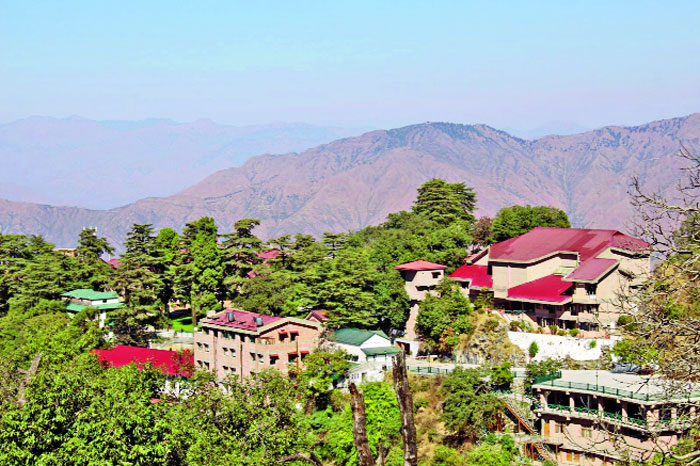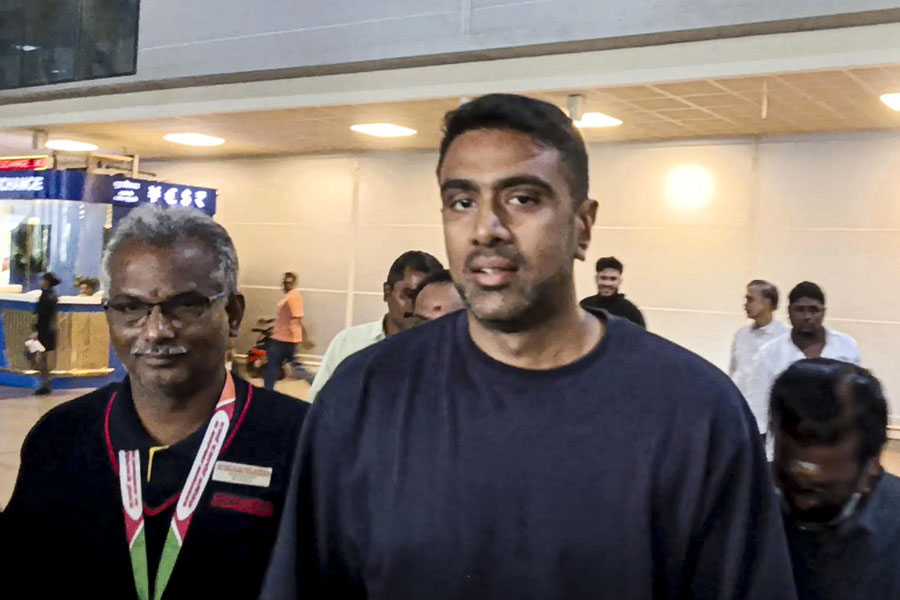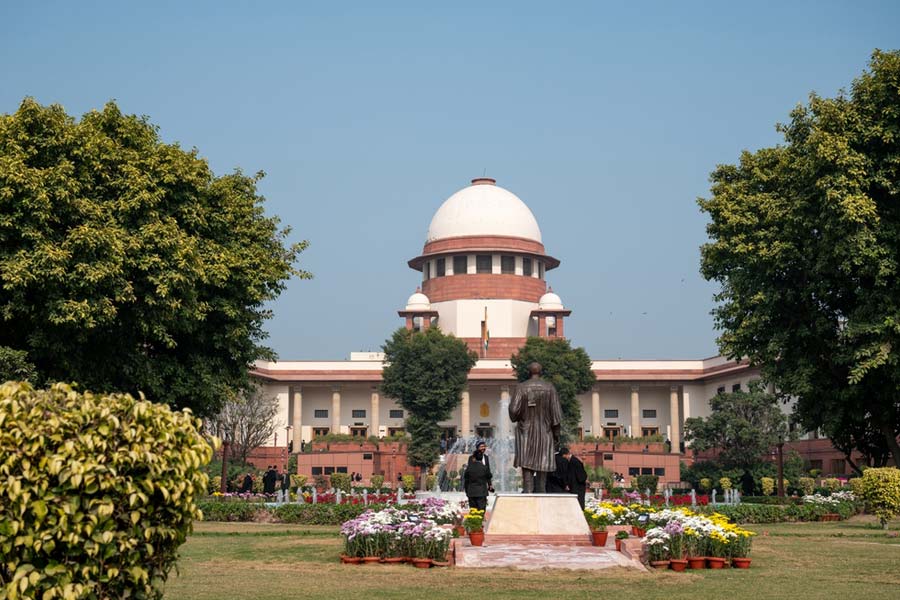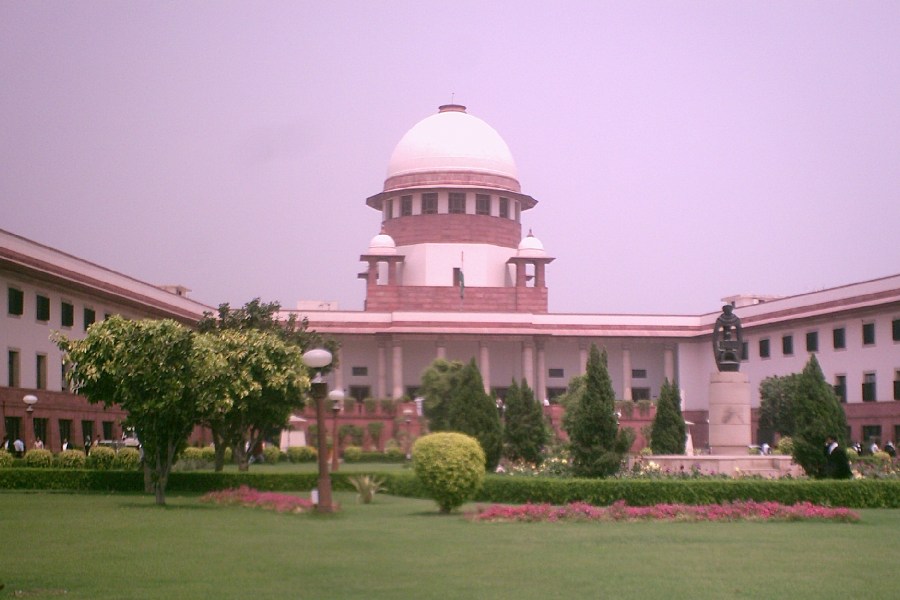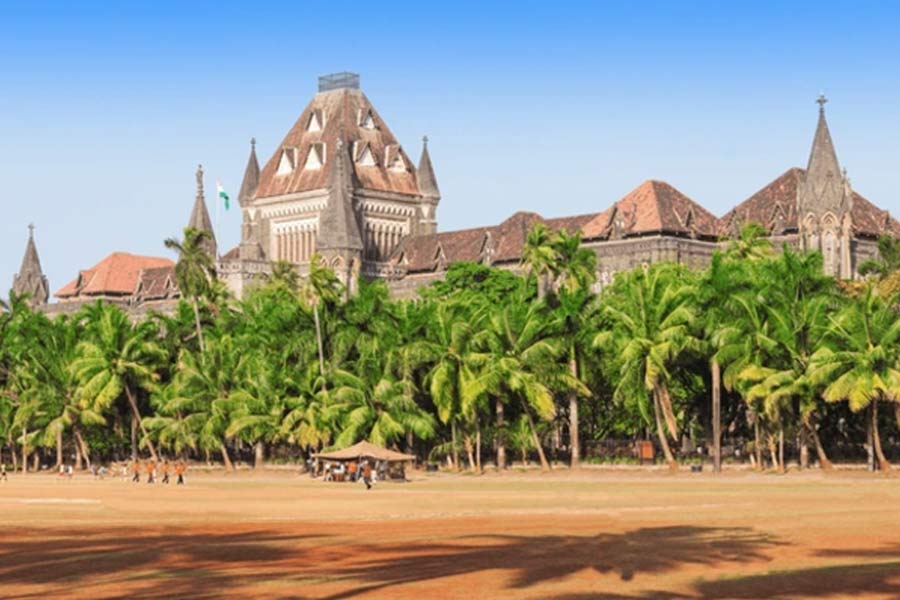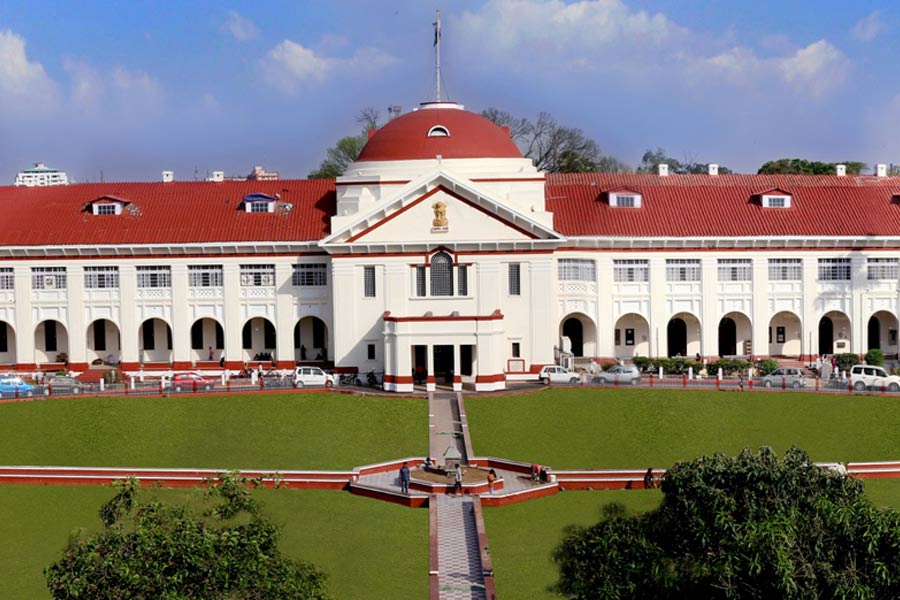After a long hiatus, eight aspirants from West Bengal have qualified in the Union Public Service Commission’s (UPSC) prestigious Civil Services Examination (CSE) in 2018-19. Although Bengal is home to seven per cent of India’s population, its current representation in the Indian Civil Services is only one per cent. Over 50 candidates from Haryana cracked the UPSC civil services exam in 2018.
There was a time when Bengal too was well-represented in the civil services. But after the 1970s, the wave of civil service aspirants from the state turned into a trickle.
“The number of IAS aspirants from West Bengal started declining in the 1970s as a consequence of the deterioration in academic environment and campus indiscipline,” says Amitabha Bhattacharya, a former Indian Administrative Service (IAS) officer, who retired as the principal advisor of the Planning Commission of India. A graduate of the then Bengal Engineering College in Shibpur, Howrah, he cracked the Civil Services exams in 1974. The 70s was marked by the Naxalite movement and many brilliant students were lost to the “revolution”. The movement left a deep impression on the psyche of the youth, who started shying away from entrance exams for civil services. The ecosystem for grooming students for the CSE died out and the few aspirants had to shift to New Delhi for preparation.
That trend seems to be gradually reversing in the last few years as more and more aspirants try to crack the CSE. Recently, some successful candidates of 2018 congregated at the ICCR auditorium in Calcutta to share their chemistry of success and encourage youngsters to take up a career in the civil services.
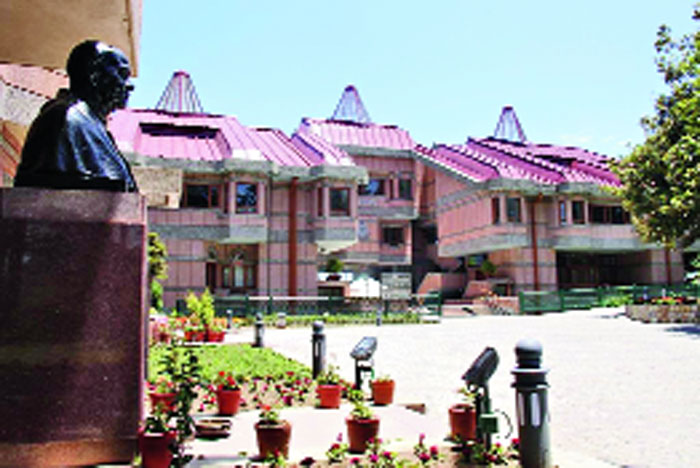
The Karmshila complex, which also houses the library, officers’ mess and classrooms lbsnaa
Mainak Ghosh, assistant commissioner at the income tax department in Calcutta, is a top-ranked (31) candidate from the state. This was his fifth attempt. He had already cleared the exam once — that is how he joined the Indian Revenue Service (IRS) — but he wanted to improve his rank so that he could join the IAS. He says, “Both hard work and luck play important roles in getting the desired rank in the UPSC exams. One or two numbers can make a lot of difference in rank. Also, you’ll find people who score the same number but get different ranks.”
Born into a middle-class family in Calcutta, Ghosh studied in the famed Bengali-medium Hindu School. He graduated in zoology, followed it up with a master’s and took up research work at the Indian Institute of Chemical Biology (IICB) in Jadavpur, Calcutta. After he qualified the National Eligibility Test (NET) for college teaching, he joined Sarojini Naidu College for Women in Dum Dum, Calcutta, as an assistant professor. In the meantime, he had started appearing for the UPSC exams.
According to Ghosh, it’s difficult to prepare for such an exam from Bengal. He says, “Getting coaching or information is very difficult in the state. I had to depend on material accessed from online sources.”
Often, a candidate has to sit for this highly competitive exam year after year with unwavering motivation to achieve success. “It appears that some of the brightest students in Bengal, unlike in Delhi and many other states, do not have such long-term focus and perseverance nowadays,” rues Bhattacharya.
“If such a small state [Haryana] can do it, why can’t West Bengal?” wonders Debjyoti Barman, a doctor (MBBS) who ranked 647 in the UPSC-CSE 2018-19. “Not only Delhi, states such as Punjab, Rajasthan, Uttar Pradesh, Bihar and Odisha too have grown a civil services culture,” he adds.
If you are a working professional who’s aspiring to crack the UPSC-CSE, you can carry on your preparation alongside your job. Many of those who bested the CSE 2018-19 did so.
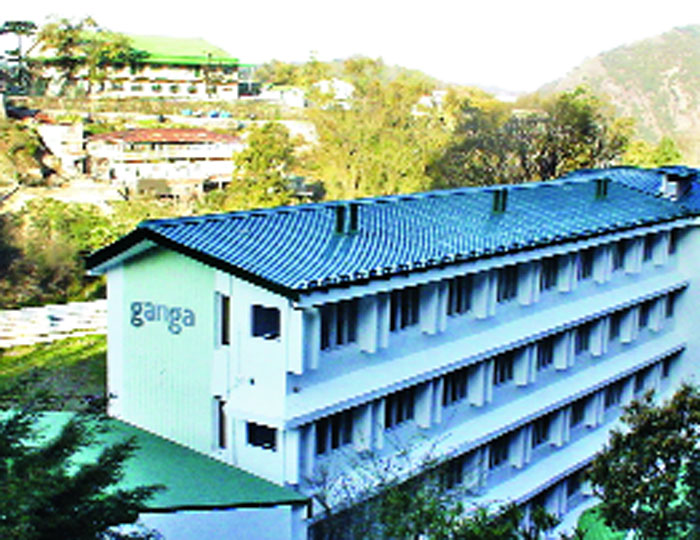
Ganga, one of the three hostels in which the future civil servants stay lbsnaa
Rajarshi Dasgupta from Asansol did his BTech in electronics and telecommunication from Asansol Engineering College in 2006. Then he qualified in GATE and joined the Bhaba Atomic Research Centre as nuclear scientist at Kalpakkam, 80km from Chennai. There, he made up his mind to become a civil servant. “I started preparation through ‘postal test series’ from Delhi. After clearing the written exams, I took a coaching for mock interview for free in Chennai. Finally, in 2014, I cracked the UPSC-CSE with a rank of 169,” he says. Dasgupta is currently posted as a deputy commissioner in the income tax department in Calcutta. He says, “Within one-and-a-half years of joining the civil services, you can get charge of a territory as big as a European country.”
Ranabir Bhaumik of West Midnapore came back from Germany to become a civil servant. After getting his bachelor’s and master’s degrees in physics from Jadavpur University, Calcutta, he joined the Max Planck Institute in Germany for a PhD in condensed matter physics. But he felt so isolated from society and his country that within a year, in 2012, he decided to abandon his quest for the PhD and sit for the UPSC exams. “I came to Delhi, rented a shared room with my college friends and started preparing for the civil services exams in a coaching centre.” Eventually, he opted for self-study. He met with success (rank 157) after three consecutive attempts. According to him, mock tests and mock interviews are necessary to overcome nervousness and for application of presence of mind. He too joined the IRS and is posted as an assistant commissioner in the income tax department in Calcutta.
If you are an aspiring civil servant, there is no need to shift to Delhi to prepare. You can stay in the city and ace the exam with a little help from online resources.

